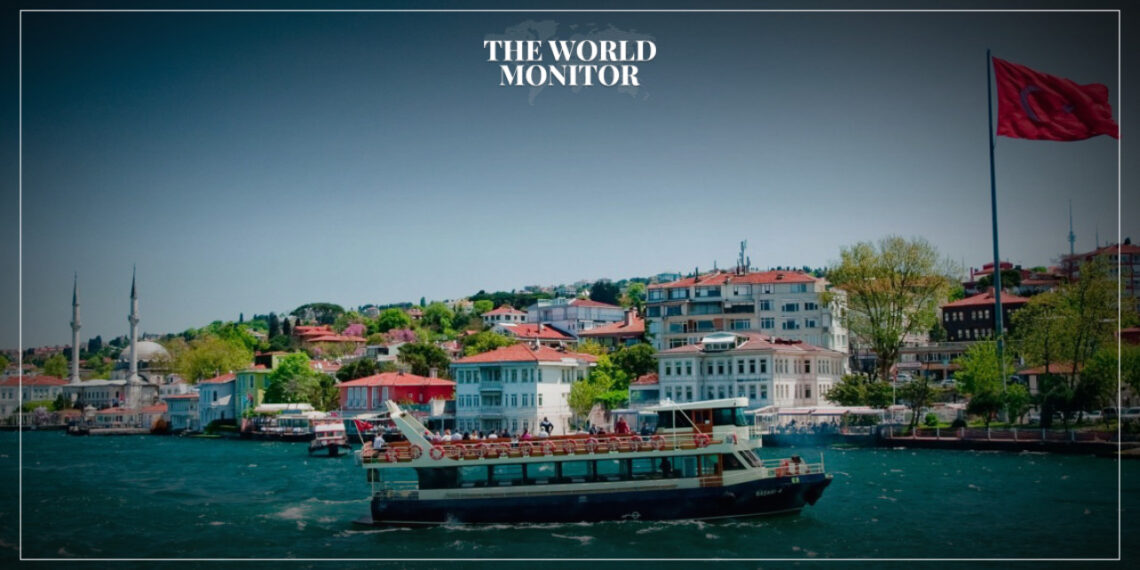The Islamic Development Bank (IsDB) has allocated $418 million (1.56 billion Saudi riyals) to finance development projects in Turkey, Tajikistan, Ivory Coast, and Benin, on the sidelines of the bank’s annual meetings today.
Today, the IsDB‘s annual meetings for the year 2024 were held in the Saudi capital, Riyadh, coinciding with the bank’s 50th anniversary, with the participation of ministers of economy, planning, and finance from the bank’s 57 member countries, in addition to representatives of financial institutions, banks, international, and regional companies.
Tajikistan received financing worth $150 million for the construction of a hydroelectric power station, while Turkey was allocated €120 million to finance a road as part of the Marmara Project, which aims to provide an alternative route across the Bosphorus Strait.
Moreover, €60 million and €70 million were allocated to Benin and Ivory Coast, respectively, to improve food security.
Sustainable infrastructure projects face financial challenges that require a qualitative leap, as estimates suggest the existence of a financing gap for such projects amounting to $15 trillion by 2040, according to the President of the Islamic Development Bank Group, Mohammed Al-Jasser, during his participation in the meetings today.
The Islamic Bank has allocated $5.4 billion for new projects in 24 countries.
The annual meetings, which will continue until April 30th, include the convening of the General Assembly of the Bank’s Board of Governors and the roundtable meeting of the Governors to discuss the most prominent economic challenges facing Islamic countries and future opportunities.
Sami Al-Suwailem, Acting Director-General of the Islamic Development Bank Institute, said, “We are currently witnessing a revival of the endowment sector in many member countries, and this sector is huge in some of them and can play an important role in solving problems of poverty and deprivation.”
The meetings will explore ways to enhance economic relations between member countries and maximize cooperation with participatory finance institutions and will include a series of seminars, sessions, and accompanying events with the participation of experts from governments, international and regional organizations, the private sector, academia, and civil society.






